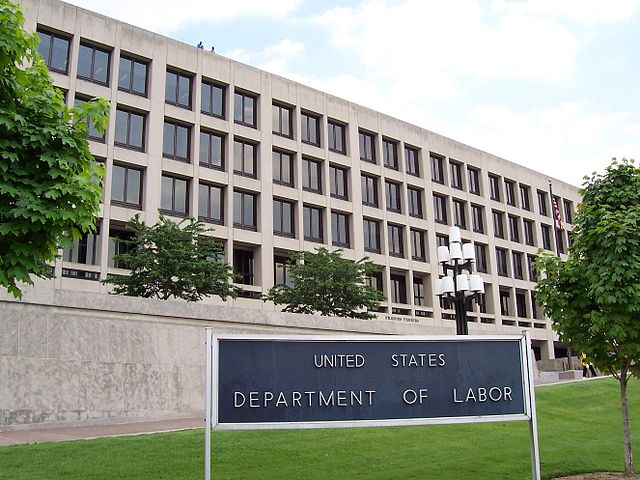The U.S. Department of Labor, Wage and Hour Division (“WHD”) recently expanded the reach of its worker misclassification initiative by entering into a Memorandum of Understanding (“MOU”) with the South Dakota Department of Labor and Regulation, Division of Labor and Management. The MOU was signed on May 24, 2016. This is the 30th MOU that the WHD has entered into with a state agency.[1] Click here for a complete listing of state MOUs.
The stated goal of this MOU is for the WHD and South Dakota to share resources and enhance worker-misclassification enforcement by conducting joint investigations and sharing information pertaining to potential instances of misclassification. Specifically, the MOU provides in pertinent part:
- The agencies may coordinate their respective enforcement activities and assist each other with enforcement, where appropriate and to the extent allowable under law;
- The agencies may make referrals of potential violations of each other’s statues, where appropriate;
- The agencies agree to exchange information on laws and regulations of common concern, to the extent practicable; and
- The agencies may establish a methodology for exchanging investigative leads, complaints, and referrals of possible violations, to the extent allowable by law or policy.
While the principal focus of the MOU is worker misclassification, it also applies to other laws that the WHD is responsible for enforcing, including the Family and Medical Leave Act and the Migrant and Seasonal Agricultural Worker Protection Act.
The expansive network of information sharing and coordinated enforcement that the MOUs create can expose companies to an enhanced risk that an audit by one government agency will lead to audits by other agencies. For instance, if a state with an MOU discovers a potential instance of worker misclassification, it could notify the WHD, which, in turn, could notify the IRS. All three agencies could separately conduct its own investigation of the company at issue.
The practical effect is that affected firms could bear additional costs associated with being the subject of multiple investigations. Additionally, this increases the likelihood of a firm receiving conflicting determinations on whether the independent contractors with whom it does business are properly classified, due to the different tests used to determine an individual’s status for purposes of different laws.
* * *
If you have any questions or comments regarding the foregoing, contact us today at info@iecoalition.org.
[1] In addition to agreements with state agencies, WHD has entered into a similar MOU with the Internal Revenue Service.


